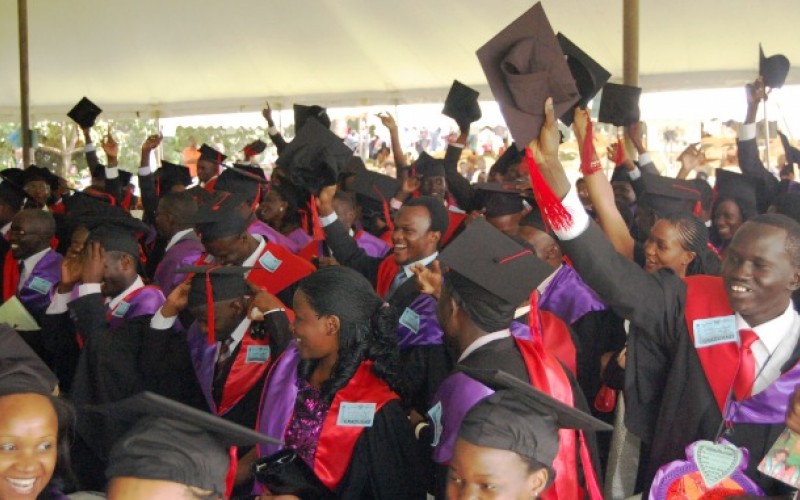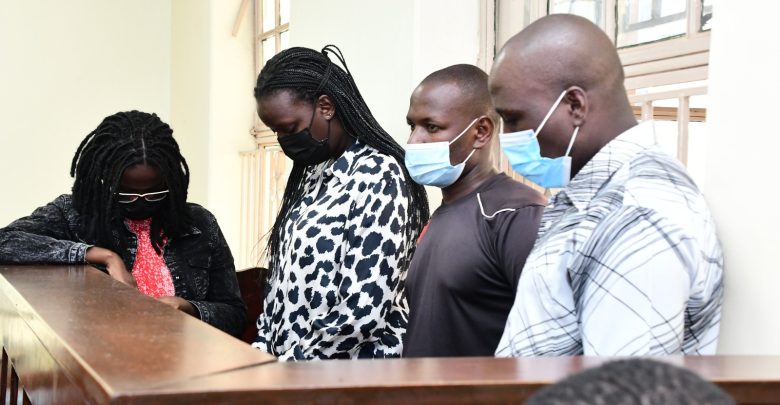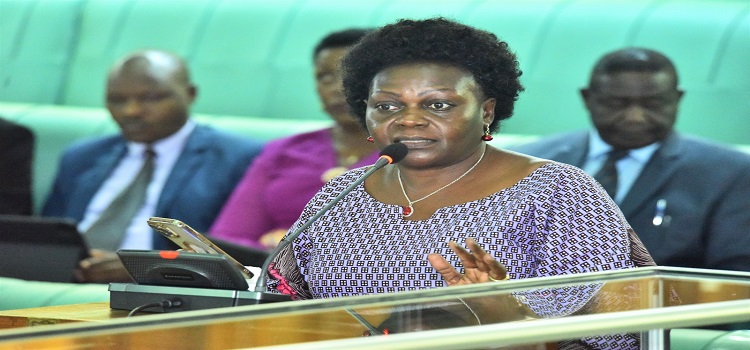In a narrative that borders on the surreal, Makerere University’s academic landscape has been gripped by an intricate puzzle — a sharp decline in male graduates, sending shockwaves through the institution.
The disparity between male and female graduates, an increasingly prevalent issue, has escalated to unprecedented levels, prompting scrutiny from the Minister of Education and Sports, Ms. Janet Museveni.
Diving into the statistics of the ongoing 74th graduation ceremony, the numbers unfold a disconcerting tale. Out of the 12,913 students set to graduate, a mere 6,097 are males, while a formidable 6,816 are females.
The stark contrast demands attention and has ignited concerns not only within the academic community but also at the highest echelons of educational governance.
Ms. Museveni, in her role as the First Lady and Minister of Education, articulated her concerns during the graduation ceremony, emphasizing the need for the university to delve into the intricacies of this gender graduation gap.
A speech, eloquently delivered by the State Minister for Higher Education, Mr. John Chrysestom Muyingo, echoed the urgency of addressing this multifaceted challenge that appears to transcend the boundaries of educational levels.
“This trend is cutting across all educational levels; therefore, there is a rich research area for the university to interrogate,” Ms. Museveni asserted, placing the onus on Makerere University to unravel the complex factors contributing to the dwindling numbers of male graduates.
The disquieting gender gap is not confined to the university alone; recent Primary Leaving Examination (PLE) results amplify the concern.
Of the 749,347 pupils who sat for PLE last year, 391,558 were girls, overshadowing the 357,789 boys who passed. Ms. Museveni has labeled this trend as undesirable, signaling a nationwide issue that demands a comprehensive examination.
Dr. Ivan Lukanda, a senior lecturer at the institution’s Department of Journalism and Communication, contributes his insights to the discourse.
He attributes the decreasing number of male graduates to economic hardships, outlining how male students resort to odd jobs during school hours to meet their basic needs.
Lukanda advocates for a national education system that accommodates students engaging in work alongside their studies, addressing the socio-economic challenges they face.
On a different note, Professor Ndebeesa Mwambutsya a Makerere University historian, in an interview with Monitor Publications introduces the aspect of sponsorship dynamics.
Mwambutsya suggests that certain sponsorships from the government and private foundations may favor girls more than boys, potentially contributing to the decline in male graduates.
He also points out the influence of the 1.5 cut-off point system, steering students toward professional courses, which seemingly attract a higher enrollment of females.
The intricate web of factors contributing to the graduation gender gap at Makerere University is now laid bare.
As the nation watches closely, the university grapples with the formidable task of dissecting these complexities and implementing strategies to rectify the imbalance, ensuring a more equitable future for its graduates.
Do you have a story in your community or an opinion to share with us: Email us at Submit an Article








